Indigenous People
Introducing the Issue
Historically, indigenous peoples have been disproportionately marginalised, dispossessed, and exploited by a dominant society and denied basic political, social, and cultural rights. Businesses often cite the need to meet market demands for raw materials as justification for infringing the rights of indigenous peoples and seizing their lands. Thus the rights of indigenous peoples are pressing concerns somewhere down the supply chain of almost all businesses and organisations.
Does your company protect the Rights of Indigenous Peoples?
What is your company’s current exposure to and response to the rights of indigenous peoples? Have you developed policies or practices? Have you simply taken a position? Perhaps this isn’t an issue that you need to worry about right now. We’ve developed benchmarks that attempt to define Poor, Okay, Good and Excellent company performance standards on indigenous peoples.
You are invited to assess your business against these benchmarks, for free and without obligation.
Indigenous Peoples
Follow this link to:
1 – choose your score
2 – add a few lines by way of explanation to describe your policies and practices
3 – enter your email address so that we can get back to you
4 – submit
Nothing you submit will be published or shared.
Exploring the Issue
Indigenous peoples are a distinct social and cultural group that share collective ancestral ties to the lands and natural resources where they live, occupy, or have been displaced from. The World Bank estimates that there are over 476 million Indigenous Peoples making up 5,000 unique groups that live in over 90 countries.
Indigenous People’s right to self-determination and the protection of their land, culture and livelihood is protected by the UN’s Declaration on the Rights of Indigenous Peoples. Despite this, indigenous peoples remain at a disadvantage, facing human rights abuses such as violence, forced migration and forced assimilation by governments and businesses around the world. They face marginalisation and discrimination in legal systems, making them more vulnerable to abuse.
Indigenous human rights advocates who call for change are frequently targets of state-sponsored harassment and violence. Additionally, they may be killed and physically assaulted simply for belonging to an indigenous group. Indigenous peoples have been accused of treason or terrorism for peacefully attempting to protect their cultural identity or exert authority over their ancestral lands, which are frequently abundant in resources and biodiversity.
Indigenous peoples often lack formal recognition over their lands, territories, and natural resources, meaning businesses have often found ways to exploit indigenous lands.
Outside of certain high risk sectors such as agribusiness, mining, forestry, biofuels, energy and tourism, businesses are unlikely to intentionally participate in the violation of the rights of indigenous peoples, although supply chain risks exist for practically all businesses irrespective of size, sector or location.
Businesses or organisations have the ability to support indigenous peoples (through e.g. a related cause or campaign it chooses to support) by using their voice or any position of power to call out bad actors and encourage governments to respect the rights of indigenous peoples, raising public awareness (e.g. through social media), donating to indigenous peoples’ rights campaigns, and/or by purchasing goods and services from indigenous peoples.
Definitions
Declaration on the Rights of Indigenous Peoples is a universal framework developed by the United Nations of minimum standards for the survival, dignity and well-being of the Indigenous Peoples of the world. It elaborates on existing human rights standards and fundamental freedoms as they apply to the specific situation of Indigenous Peoples.
Forced Assimilation is the involuntary process of cultural assimilation of religious or ethnic minority groups during which they are forced to adopt language, identity, norms, mores, customs, traditions, values, mentality, perceptions, way of life, and often religion/ideology of established and generally larger communities belonging to dominant culture by government.
Forced Migration refers to a migratory movement which, although the drivers can be diverse, involves force, compulsion, or coercion.
Human Rights are rights inherent to all human beings, regardless of race, sex, nationality, ethnicity, language, religion, or any other status. Human rights include the right to life and liberty, freedom from slavery and torture, freedom of opinion and expression, the right to work and education, and many more. Everyone is entitled to these rights, without discrimination.
Indigenous Peoples are distinct social and cultural groups that share collective ancestral ties to the land and natural resources where they live, occupy or from which they have been displaced.
Marginalisation is the act of placing a person or thing in a position of lesser importance, influence, or power; the state of being placed in such a position.
Self-determination is the process by which a group of people, usually possessing a certain degree of national consciousness, form their own state and choose their own government.
Links & Further Resources
ARTICLES
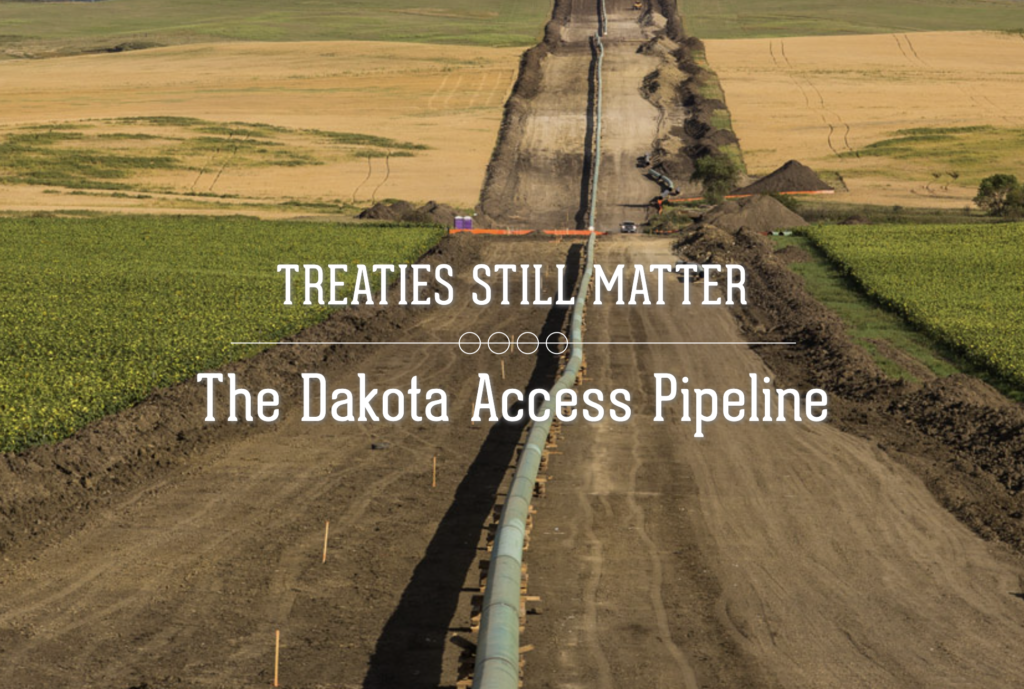
Treaties Still Matter: The Dakota Access Pipeline
Native Knowledge
The Smithsonian National Museum of the American Indian looks at the clashes between the Standing Rock Sioux and Energy Transfer Partners over the Dakota Access Pipeline, which was developed to transfer crude oil. The Sioux argue that the pipeline violates historical treaties that gave them the rights to the land.
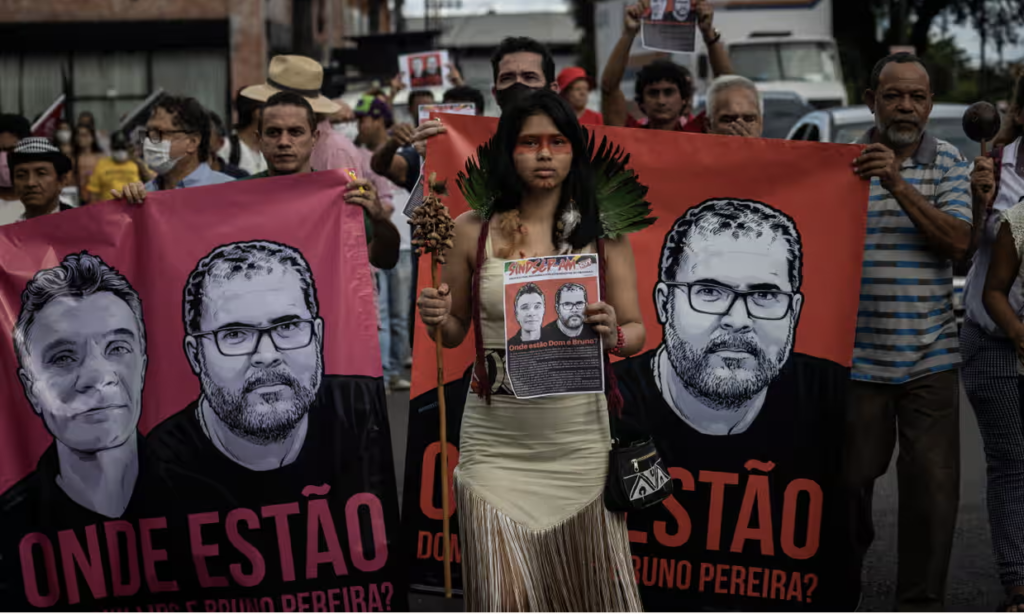
There Is A War On Nature: Dom Phillips Was Killed Trying To Tell You About It
The Guardian
The death of British journalist Dom Phillips and environmental defender Bruno Pereira in Brazil highlights the danger that indigenous peoples have to face in trying to protect their lands and the environment from exploitative governments.

Indigenous Peoples’ Human Rights As A Minimum Standard For Corporate Practice
Stanford Social Innovation Review
This article explores the role of businesses in protecting the rights of Indigenous Peoples with the direction of the United Nations Guiding Principles on Business and Human Rights.
RESOURCES
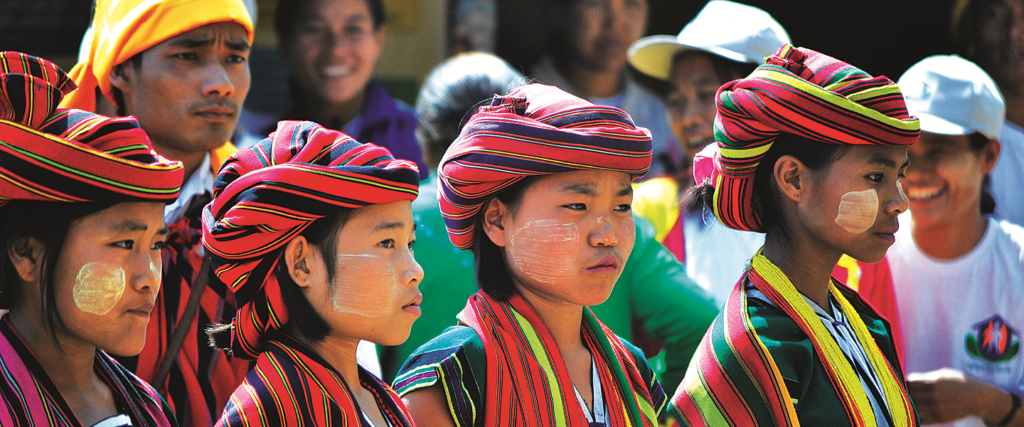
Indigenous Peoples Overview
World Bank
World Bank’s analysis of Indigenous peoples including numbers, locations, and the issues that they face.
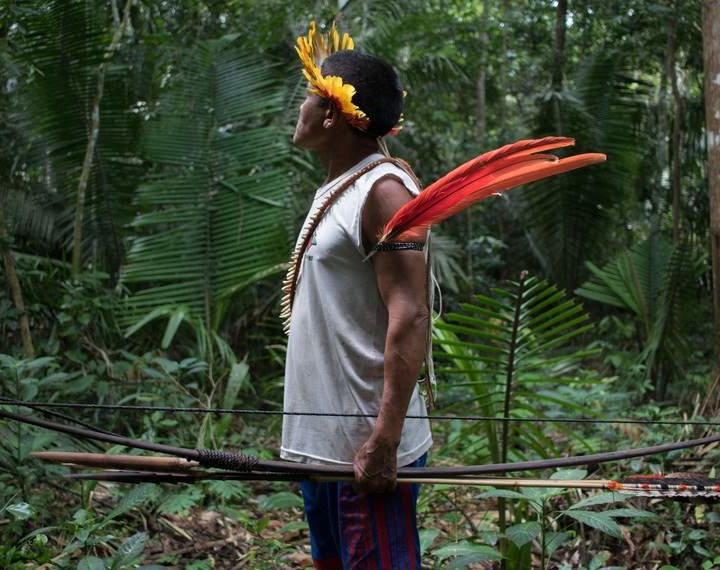
Indigenous Peoples
Amnesty International
Amnesty International’s analysis of Indigenous peoples including numbers, the issues that they face, and case studies by country.
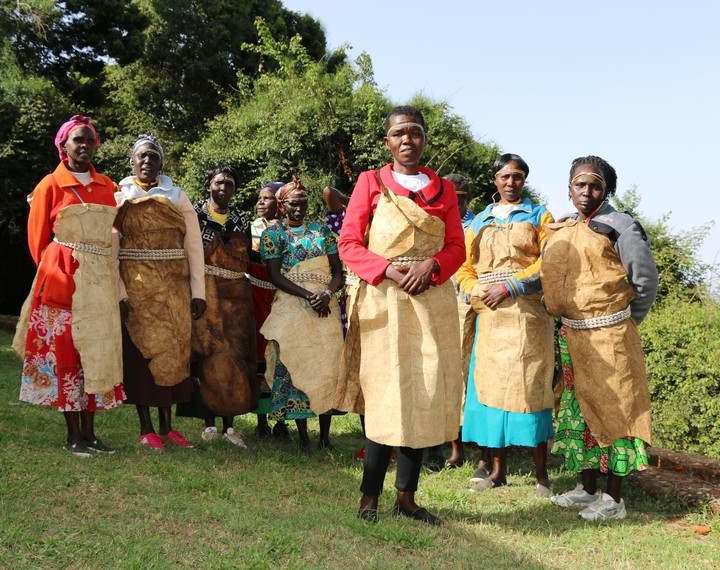
Who Are Indigenous Peoples?
United Nations
The United Nations Business and Human Rights Navigator breaks down the different human rights that governments and businesses commonly violate when interacting with Indigenous Peoples.
